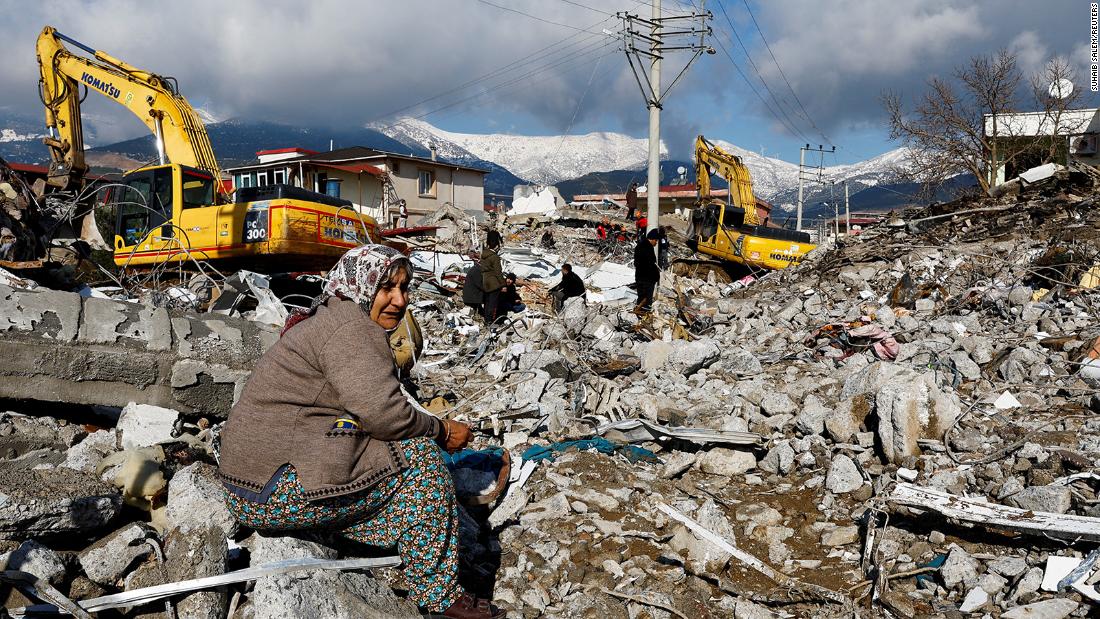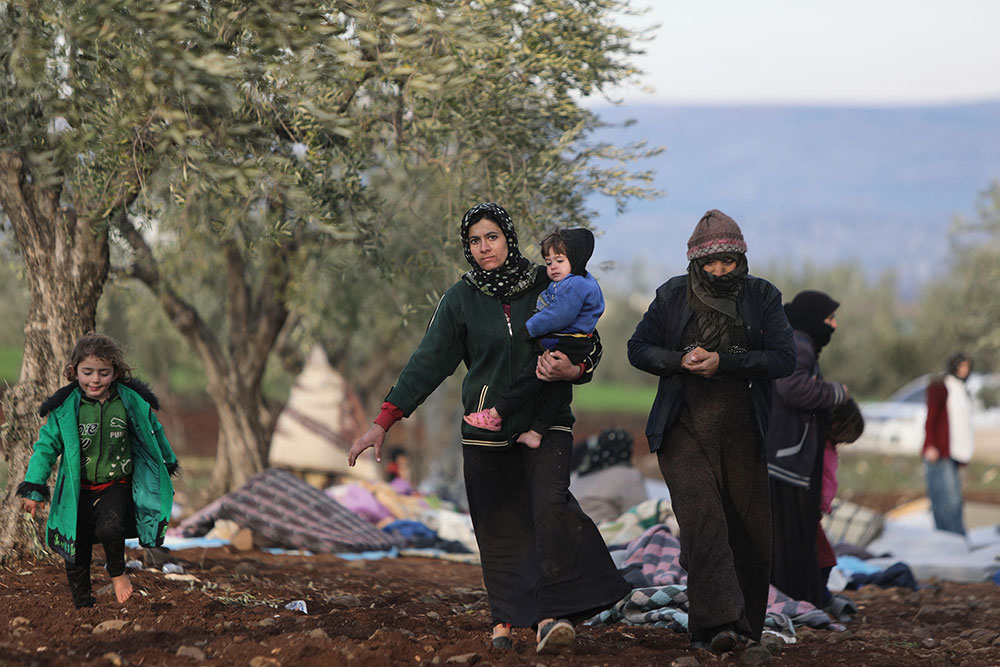

Seventy countries and 14 international organizations have offered Turkey relief following the earthquake, Turkish President Recep Tayyip Erdoğan said Tuesday, including the United States, United Kingdom, the UAE, Israel and Russia.
The international aid situation in Syria is less clear.
Syria is ruled by a myriad of disparate groups. Some of the areas of Syria most impacted by the earthquake are controlled by the President Bashar al-Assad’s government, others by Turkish-backed and US-backed opposition forces, Kurdish rebels and Sunni Islamist fighters. Idlib, one of Syria’s last opposition strongholds, is controlled by Hayat Tahrir al-Sham (HTS), an armed Sunni Islamist group.
The Assad government, internationally sidelined and heavily sanctioned due to its brutal suppression of an uprising that started in 2011, counts Iran and Russia as its closest allies – both global pariahs.
The regime insists all aid to the country, including aid meant for areas outside its control, be directed to the capital Damascus.
That hasn’t been received well by activists and observers who fear the regime could hamper timely aid to thousands of quake victims in rebel-held areas, most of whom are women and children, according to the UN.
So far, the UAE, Iraq, Iran, Libya, Egypt, Algeria and India have sent relief directly to regime-controlled airports. Others such as Taliban-ruled Afghanistan, Saudi Arabia, Qatar, Oman, China, Canada and the Vatican have pledged aid, though it is unclear if that relief will be sent directly to the regime.
Earlier Wednesday, the Syrian government said it has set up more than a hundred shelters equipped with aid supplies for those affected by the earthquake across government-controlled areas, including in the cities of Aleppo, Hama, Homs, Tartus and Latakia, a coastal city which has the highest number of earthquake deaths counted in Syria so far, and over 100 collapsed buildings.
